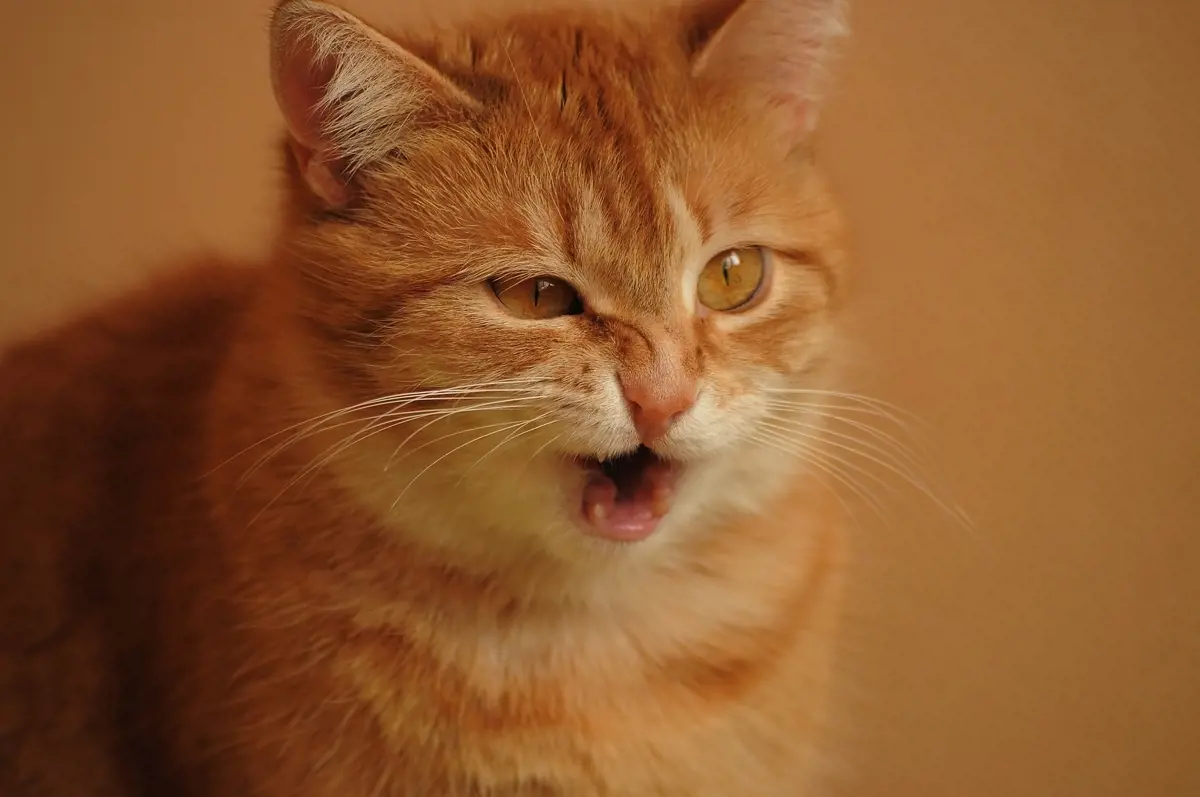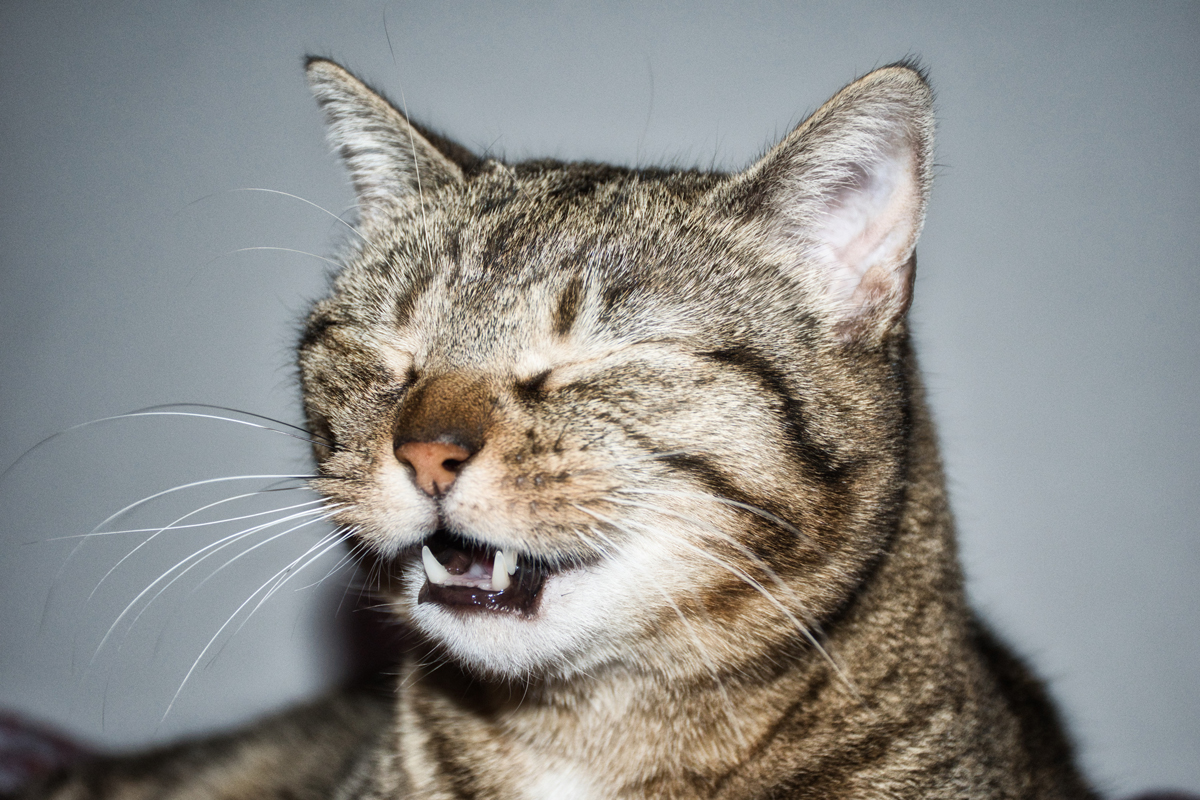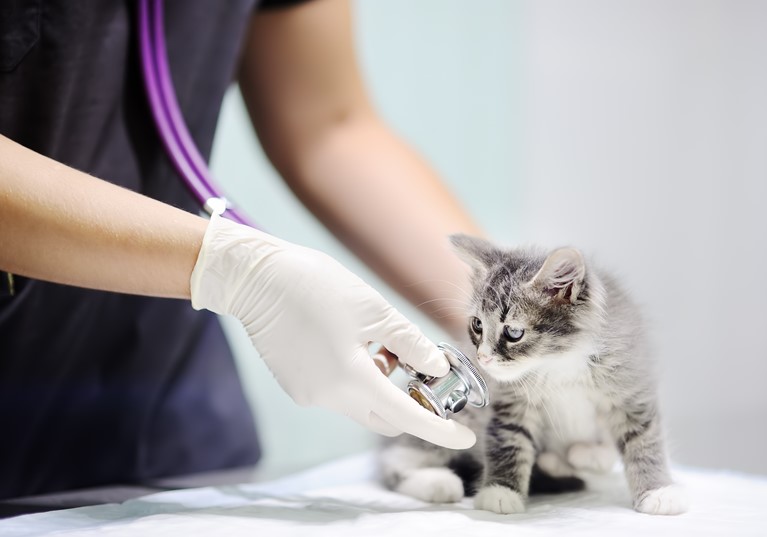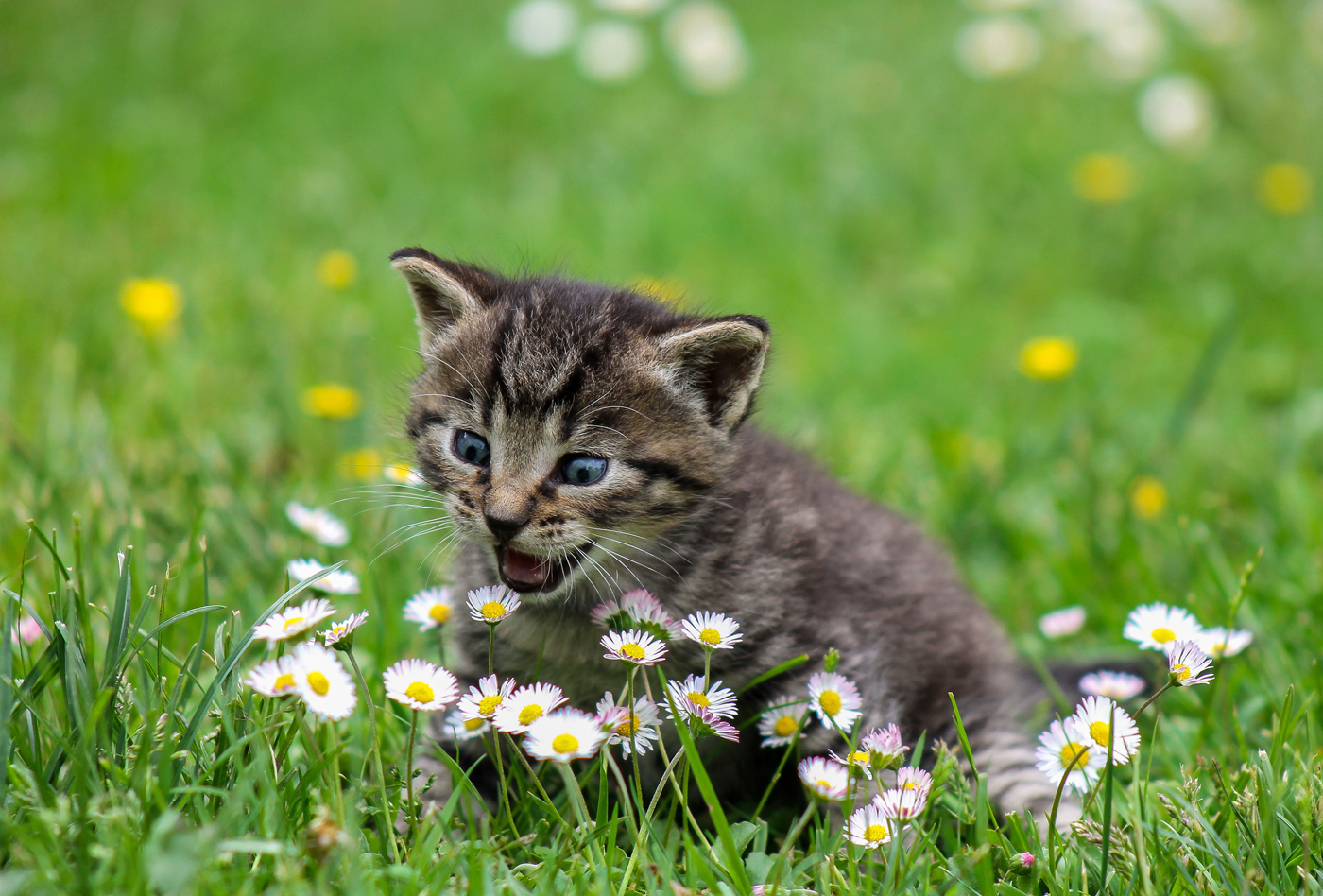Why is my cat sneezing?
2nd November, 2020

With their independent nature and low maintenance needs, cats are often considered to be a relatively trouble-free pet. However, being such an important part of our lives, we can sometimes become concerned about our furry friend’s health.
Insurance for your pet is the ideal way to calm any fears but having an insight into some common health issues is also key.
One sign of potential trouble can be sneezing. If you’ve noticed your kitty is sneezing a lot more than usual, read on to find out some of the possible reasons why.
Can cats actually sneeze?
Just as their human owners, cats do sneeze and it’s a perfectly natural response to irritation in the nasal passages such as a bit of dust or a simple nose tickle!
However, if your cat is sneezing for a longer period and certainly if they have other symptoms then a trip to the vet might be in order.
Having adequate pet insurance at the ready means these routine check-ups don’t carry the worry of a big financial cost.

Should you be worried?
There are many reasons why a cat might sneeze. Let’s take a look at some of the most common causes.
Allergens and irritants
Just the occasional sneeze could suggest a passing irritation. Note down when your cat is sneezing and see if it’s linked to anything in particular.
For example, perhaps they sneeze after you’ve used a certain cleaning product? Or have they been in a particular part of the garden? Tracking your cat’s sneezes could lead you to the answer.
Examples of potential irritants or allergens include:
-
Household cleaning products
-
Scented candles
-
Home and body perfumes
-
Smoke
-
Dust
-
Pollen
-
Mould spores
If your cat is having an allergic reaction to something then you might also notice them itching their skin. Are they scratching more than normal? If so, they could have an allergy.
Respiratory infection
There are many viral, bacterial or fungal infections of the airways that can cause sneezing. Some of these infections are classed as causing ‘cat flu’ but all have slightly different characteristics.
Having pet insurance in place and ensuring you keep up to date with regular vet checks and vaccinations means you can prevent infections before they take hold.
Infections include:
-
Feline herpes virus - Herpes is easily caught from other cats who are infected. If your cat is stressed then it might cause a flare-up and provoke transmission to other cats. Cats who are carriers of this virus remain so for life. However, the herpes virus has only one strain so is easily vaccinated against.
-
Feline calicivirus - Another highly contagious although usually milder virus. The most common symptom is painful mouth ulcers, but it can affect the airways and even lead to deadly pneumonia. Like the human flu viruses, vaccination against calicivirus is difficult as there are many different strains.
-
Feline infectious peritonitis – An uncommon but potentially fatal disease. Often combined with eye problems, fever, diarrhoea and breathing difficulties.
-
Feline Immunodeficiency Virus (FIV) - Develops so slowly that some cats may show no symptoms until years after the initial infection. FIV undermines a cat’s immune system and leaves them vulnerable to disease.
-
Feline leukaemia - A serious and often fatal infection that can severely weaken a cat’s immune system.
-
Feline chlamydia – Mild ‘cold’ symptoms can develop from this bacterial infection but the most common problem is sore, red, runny eyes (conjunctivitis).
-
Bordetella – Another bacterial infection that affects not only the nasal passages but also the lungs. Like most bacterial infections, it responds well to antibiotics.
-
Mycoplasma – Spread between cats by either bite wounds or flea and tick bites. This bacterial infection typically causes eye, respiratory or joint disease depending on where the infection is in the body.

Dental disease
The roots of a cat’s teeth are located very close to the sinuses. Therefore, any infection or inflammation of a tooth root can lead to drainage into the sinuses and cause sneezing. Checking your pet’s teeth regularly is an important part of responsible animal ownership.
Foreign bodies
Cats can get themselves into some strange situations and it isn’t uncommon for a cat to get a foreign body lodged in their nose. For example, when chewing grass, it’s all too easy for a blade to get stuck in the back of their nose.
This can lead to sneezing, choking and retching as their body tries to remove the object. Usually they can dislodge it themselves but if discomfort persists then call your vet.
Growths and tumours
Growths inside a cat’s nose can cause a discharge and sneezing. Particularly if sneezing is accompanied by the presence of blood, it might be a sign of nasal cancer. However, this is rare.
Symptoms to watch out for
Sneezing can often be accompanied by other symptoms that it might be worth investigating with a veterinary professional. These may include:
-
Discharge from the eyes along with swelling or ulcers
-
Excessive discharge from the nose
-
Tiredness or depression
-
Fever
-
Drooling
-
Decreased appetite or weight loss
-
Enlarged lymph nodes
-
Poor coat condition
-
Difficulty breathing
-
Diarrhoea
The prescribed treatment will depend entirely on the cause of the sneezing. A vet might suggest something simple like installing a humidifier or removing potential allergens.
In other cases, antibiotics, antihistamines, steroids, or fluids may be required. In some cases cats may even need surgery.

Protecting your cat with pet insurance
Seeing your friendly feline in discomfort is hard but if you have pet insurance in place you can soon get them the help they need.
Insurance means you could also be protected from unexpected costs such as vet bills. Paying a regular premium is definitely preferable to having to find cash in an emergency, particularly when you’re already worried about your pet!
The dedicated team of insurance specialists at Purely Pets are here to make protecting your pet as simple and transparent as possible. If you choose Purely Pets, you’ll benefit from:
-
24-Hour Vet Helpline, staffed by veterinary professionals
-
Online claims
-
15 levels of lifetime cover
-
Knowledgeable team ready to help
-
Lifetime cover up to £15,000
-
Online policy management
Purely Pets can provide you with an online quote in minutes. Get a quick quote today.
Policy benefits, features and discounts offered may very between insurance schemes or cover selected and are subject to underwriting criteria. Information contained within this article is accurate at the time of publishing but may be subject to change.
Helpful Pages
Recent Posts
Pet Insurance Quote
- 98% claims paid *
- Claims paid directly to vets
- 24/7 vet video consultations
- Interest free monthly payments




